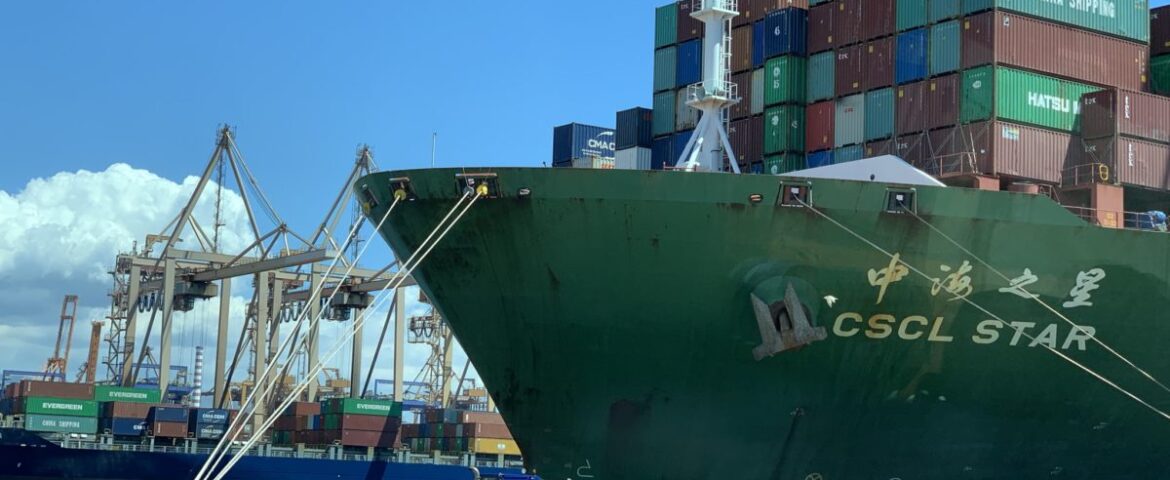Reform didn’t advance quickly enough, with the public sector remaining the major player at Piraeus until the arrival of COSCO in October 2009. Prior to that, Piraeus Port Authority had been the sole port operator, with the Greek State holding the 74.14% of the shares and the remaining 25.86% being traded on the Athens Stock Exchange. As such, Piraeus port was operated as a state company, which had an impact on its performance. It was handicapped by over-staffing, reduced operational efficiency and a business strategy focused mainly on achieving state goals instead of pure commercial goals
PortEconomics member George Vaggelas comments on Port Strategy’s article regarding the competition among Mediterranean container ports for the number one slot
Alex Hughes reports that over the past 25 years, Valencia overtook first Barcelona and then Algeciras to not only become Spain’s leading container port, but also the effective number one box handling facility across the entire Mediterranean. With plans to build a fourth container terminal as part of its new northern extension, the port’s inexorable rise seems irreversible.
Piraeus, previously an underwhelming alternative notable for its high costs and poor efficiency, has other ideas. Last year, throughput growth of 18.4% meant Piraeus reported throughput of 4,907,908 teu, while Valencia grew by “just” 7.25% to 5,182,665 teu. Should those increases continue into 2019, Piraeus will overtake Valencia.
In the Greek port, Piers II and III – which are operated by COSCO as Piraeus Container Terminal – handled 4.4m teu last year, while Pier I, which is operated by Piraeus Port Authority, handled 498,708 teu, achieving an increase of 10%. According to the port authority, there was a significant 25.4% rise in the volume of import-export cargo, which amounted to 95,673 teu, while transhipment rose 6.9% to 403,035 teu.
Read the interesting article- published @ Port Strategy- here.












